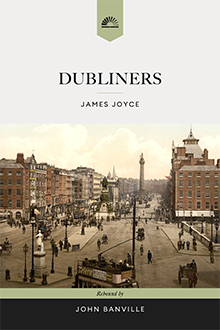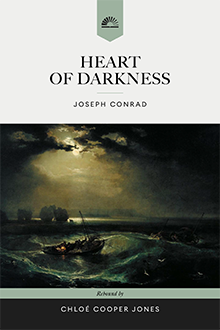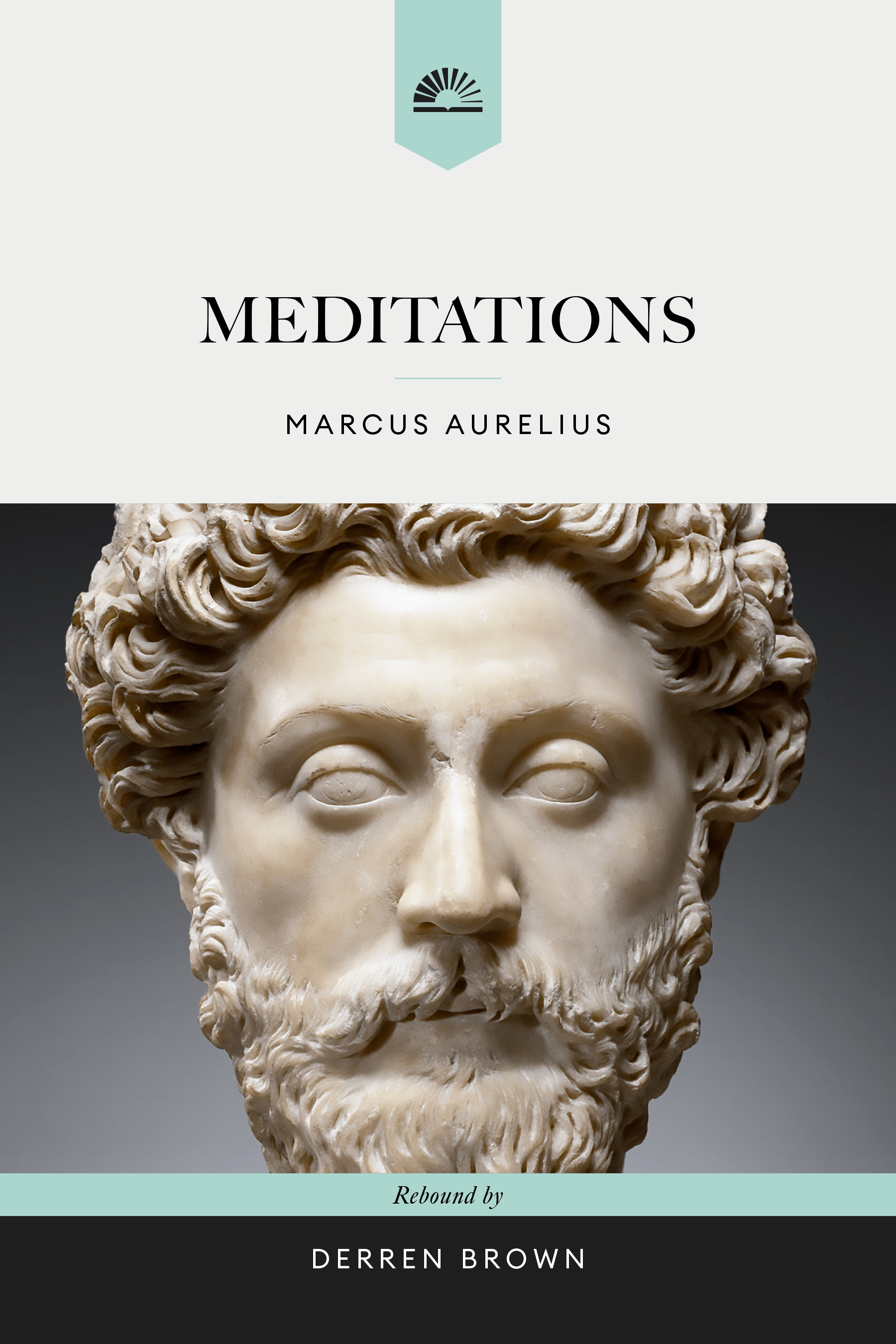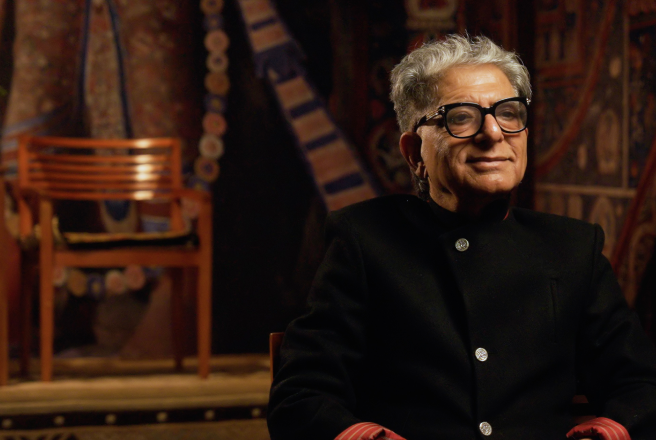Read. Watch. Discuss. Repeat.
Rebind's goal is to open challenging and inspiring books to readers.
About Selected Platonic Dialogues
Written in the 4th century BCE
In these four dialogues, Plato expanded the very concept of what philosophy could address. As Goldstein notes, “What Plato did was to grasp the essence of a peculiar kind of question, the philosophical question,” extending inquiry beyond ethics to language, politics, art, mathematics, religion, and the nature of knowledge itself. Through the character of Socrates, Plato demonstrates a method of questioning that refuses to accept conventional wisdom without examination—a stance that ultimately led to Socrates’ trial and execution, events dramatically portrayed in these interconnected works.
Each dialogue explores distinct philosophical terrain while contributing to a unified narrative. In Euthyphro, we find Socrates questioning the nature of piety before his trial; in Apology, he delivers a stirring defense of his philosophical mission; in Crito, he explains why he must accept an unjust punishment; and in Phaedo, he faces death while exploring arguments for the soul’s immortality. Together, they present philosophy not as abstract theorizing but as a way of living that demands courage, integrity, and unflinching self-examination.
These dialogues reward multiple readings, revealing new layers of meaning with each encounter. For newcomers to philosophy, they offer an accessible introduction to fundamental questions through vivid conversation rather than abstract exposition. For experienced readers, they provide an opportunity to engage with the origins of Western philosophical tradition while discovering fresh relevance in ancient wisdom. Through Goldstein’s thoughtful guidance, these foundational texts become not museum pieces but living conversations that continue to challenge and transform.
Philosophy began in conversation, and some of the best conversations in one's life can be about philosophy
REBIND FEATURES
You might like
~The world's most intriguing guides open up their favorite books for you.
Tour the classics with a companion and read deeper.
Stay updated on new book releases and features
By signing up for our email list, you indicate that you have read and agree to our Terms of Use.
We respect your privacy.








